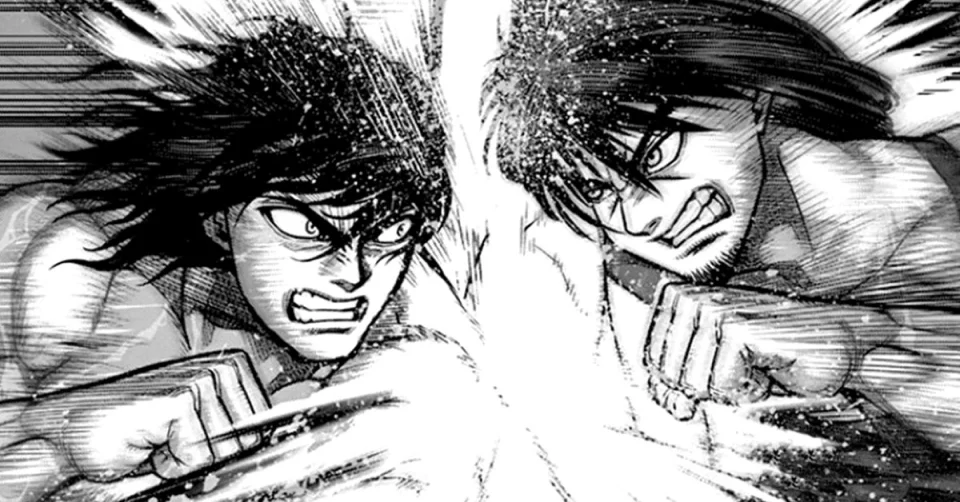The pirated version of a manga became the official one

The "Kengan Ashura" franchise has been the subject of attention recently, not only for its success in Japan, but also for an unfortunate incident involving its English translation for the Western market. The manga's official artist, Daromeon, has revealed shocking details about the localization process and the challenges he faced.

According to Daromeon, the initial task of English translation and localization was assigned to the company Comikey. However, when reviewing the work done, he found a quality that did not meet the expected standards. Despite being technically correct, the translation lacked naturalness and fluency when read.
What was the cause of this mismatch? It turns out that Comikey chose to use an Artificial Intelligence (AI) developed by the company Mantra to carry out the translation process. This decision, while groundbreaking, resulted in a translation that failed to capture the essence and style of the original manga.
The incident reveals an emerging dilemma in the manga industry: the growing trend toward using AI for mass translation. While this technology promises efficiency and speed, it also raises concerns about quality and fidelity to the original work. The case of "Kengan Ashura" serves as a reminder of the risks associated with relying exclusively on AI in the translation process.
In addition, the episode highlights the crucial role of quality translation in the international success of a franchise. Poor translations can undermine the reader's experience and negatively affect the reception of the work in other countries. That's why "Kengan Ashura's" decision to reject Comikey's translation and turn to translators who had been working on pirated versions of the Internet demonstrates a commitment to excellence and respect for international fans.
The excerpt from the interview:
- "Speaking of which, I've never heard how you and Yabako-sensei agreed on Kengan's location. Who did you reach out to first, the fan translation team, your publisher, or the manga streaming service Comikey [the manga streaming platform your series is currently on]?"
- Daromeon: "I ended up recommending the fan team to my editor, as what they showed me at the beginning was horrible. I don't know how the rest went."
- "Wait, what? What was wrong with what the editor showed you?!"
- Daromeon: "The first translation I saw was pretty good as a translation, as if it had been done as part of an English exam for school, but it wasn't natural to read. I had to print out both what I was shown and the pirated version and show it to my editor, side by side, to explain how much more fluent the fan translation was than the 'official' one."
Ultimately, the setback in the translation of "Kengan Ashura" raises important questions about the balance between technological innovation and the preservation of artistic and narrative quality in the world of manga. As the industry moves towards an AI-driven future, it is critical that careful attention is maintained on ensuring that translations capture the essence and intent of the source material, in order to preserve its impact and relevance to all audiences.
Source: Bounding Into Comics

